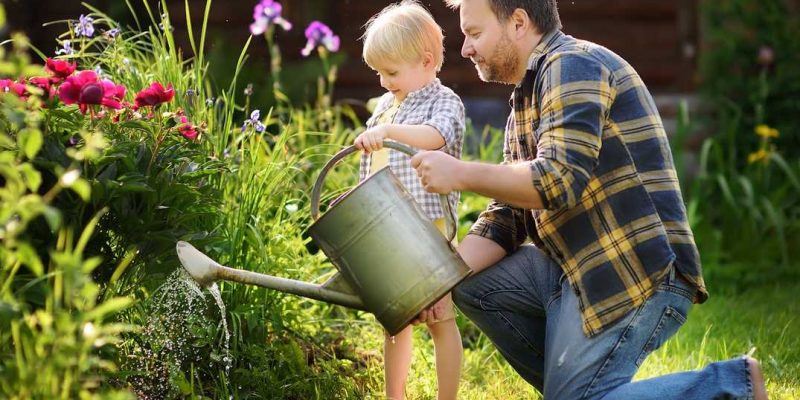More and more households have started to use stored rainwater to reduce their monthly consumption of metered water supply. Even though collecting rainwater sounds like a simple task, it needs careful planning and strategic design to maximize its effectiveness. Many have also used rainwater collection and storage systems specially built for household use. It’s just as important as installing a water filtration system.
When done effectively, a household can collect a sufficient amount of rainwater for household use. Most families use water tanks as storage. These water tanks are designed to store rainwater and withstand harsh weather conditions outdoors. There are many types of water tanks, and you can see the options from The Water Tank Factory to find out what kind would best suit your household.
If you’d like to know how you can use stored rainwater in your home, you can consider the following suggestions:
- Car Washing
Washing a car would require using a substantial amount of water. Most of the time, car owners use pure, potable water for this purpose, which may not be ideal if you’re trying to conserve water and manage your consumption. Instead of drinking water, stored rainwater is considered a more environmentally-friendly alternative, especially if you want to have a sustainable home. The same level of cleanliness can be achieved using rainwater, and you won’t have to worry about wasting water as you’re putting what you saved to good use.
- Watering Plants
Many households use potable water for maintaining their garden by using a hose or a sprinkler system. However, plants may need more water when temperatures rise, making households consume more water than usual. Higher water consumption will cost more and be detrimental to the environment, especially in drought-prone areas. As such, it’s essential to find suitable alternatives that would help reduce the strain on natural resources.
To control water usage during summer, you can take advantage of seasons when rainfall is more abundant by storing as much rainwater space allows. This solution may also be ideal for your garden as plants prefer rainwater because of its natural softness and is chlorine-free.
- Cleaning The Household Exterior
You can also consider using stored rainwater for cleaning the driveway, windows, and other parts of your outdoor living space. Though these areas are not cleaned as frequently as the rest of the household, you may still need several litres of water for each cleaning. As such, you’ll be able to save money on water bills if you switch to rainwater for cleaning your home exterior.
- Doing The Laundry
Harvested rainwater is also ideal for laundry use. Since it’s naturally soft, it can be used with any detergent. However, it may be helpful to use mechanical filtration before you use the water for this purpose.
Washing clothes takes up a considerable part of water consumption in a household. As such, using rainwater for doing the laundry can help you conserve a significant amount of water and save money on water bills as well.
- General Home Cleaning
Rainwater can be used for cleaning most rooms in the household, particularly the bathroom, where more water is usually required. It’s also ideal for washing structural materials such as concrete, tile slabs, and glass. When cleaning the kitchen, you can also use rainwater for washing items not used for food preparation, such as floors and rags.
However, it’s advisable to use treated water for items that come in close contact with food and eating utensils to prevent the spreading of bacteria. It’s because the rainwater you collect won’t undergo chemical treatment and other purification processes needed to make it food safe. As such, the use of untreated water for food preparation may not be ideal.
Conclusion
Rainwater is widely used for bathing in many countries. However, the quality of rainwater may vary depending on location. In this regard, using rainwater for bathing or washing the body may not be advisable for every household. Some of the harmful bacteria and micro-organisms present in rainwater are eliminated through chemical treatment, making it safe for cleaning the body. Since the rainwater you’ll collect won’t undergo the same treatment processes as with regular tap water, using it for bathing may come with a risk of infection and irritation.
The same goes for using rainwater to bathe pets. While bathing, there’s a chance that your furry friend may ingest some of the water, which can be harmful to its health. Also, there’s a chance that their skin and fur won’t react well to rainwater, especially if they’re used to bathing in chemically-treated or purified water. Given this, it’s advisable to limit their contact with the rainwater you store.



